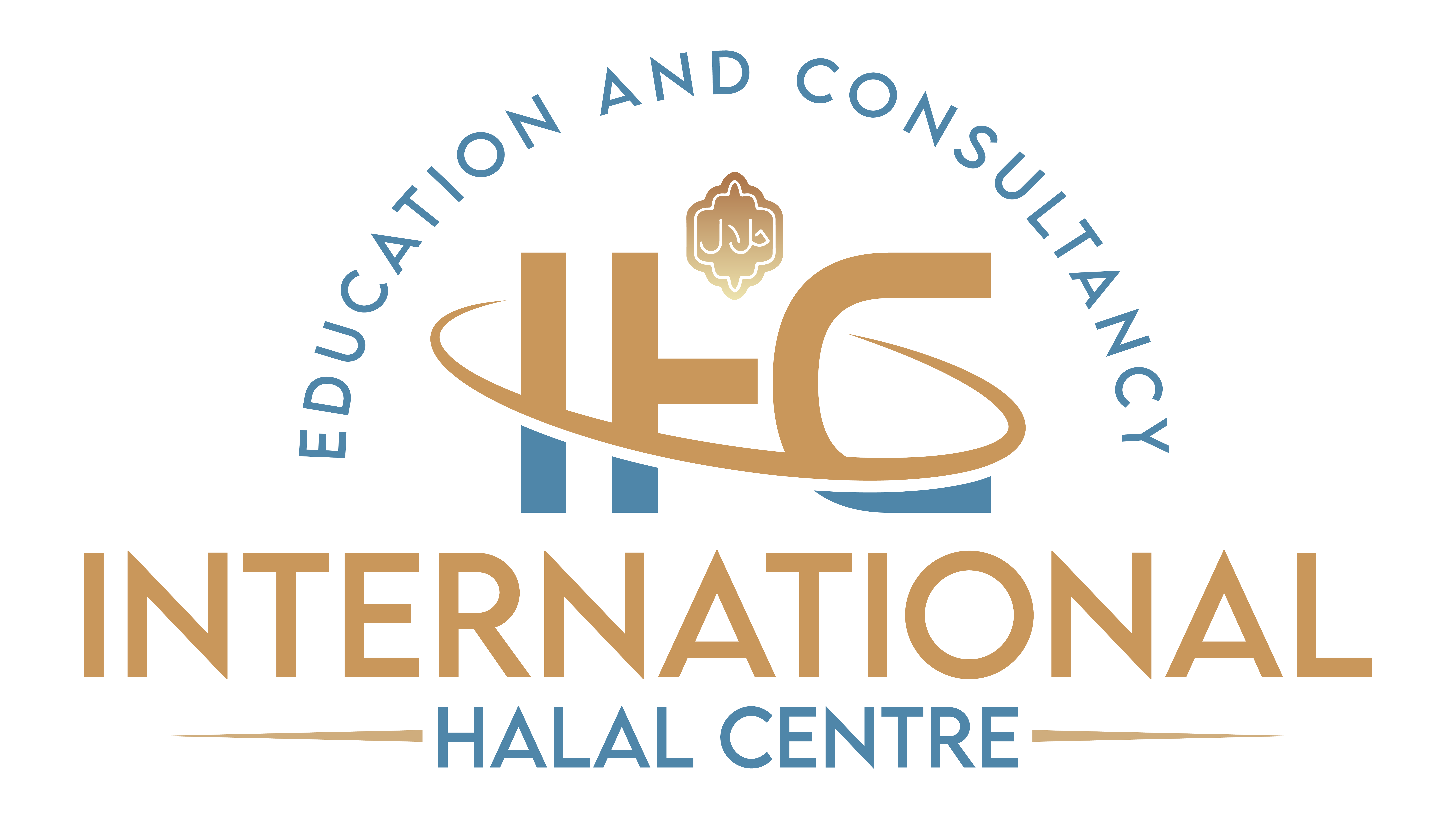As global awareness of ethical and sustainable practices grows, Halal compliance has become a key consideration for businesses aiming to cater to Muslim and non-Muslim consumers alike. Halal standards are not just religious guidelines; they represent a commitment to quality, safety, and ethical production. For businesses new to Halal compliance, understanding the basic principles and processes can seem daunting, but with the right guidance, it’s an achievable goal.
This beginner’s guide will break down the core principles of Halal standards, explain their importance, and outline the steps businesses can take to ensure compliance. Whether you’re a food producer, cosmetic manufacturer, or service provider, this guide will provide a clear roadmap to start your Halal journey.
What Are Halal Standards?
Halal standards are comprehensive guidelines that ensure products and services comply with Islamic principles. The term “Halal” means permissible, and these standards govern every aspect of production, from sourcing ingredients to packaging and storage. Products that do not meet these standards are classified as Haram, or prohibited.
Key global standards, such as those issued by Malaysia, Indonesia, and the UAE, define specific requirements for Halal compliance. These may include the exclusion of alcohol, pork derivatives, and any substances deemed impure. Additionally, Halal standards often require ethical practices in sourcing, handling, and production processes, ensuring products align with both religious and quality expectations.
Why Halal Compliance Matters
Halal compliance is not just about catering to religious needs; it’s about meeting the growing demand for ethically produced goods. The global Muslim population is over 1.9 billion, and the Halal market is projected to surpass $2 trillion by 2024. For businesses, this represents a significant opportunity to expand into new markets and build trust with a discerning consumer base.
Halal certification also serves as a marker of quality for non-Muslim consumers who value clean, ethical, and safe products. By aligning with Halal standards, businesses can differentiate themselves in competitive markets, enhance their reputation, and tap into a diverse customer base.
Key Principles of Halal Standards
| Principle | Description |
|---|---|
| Permissible Ingredients | Excludes alcohol, pork derivatives, and any substances considered impure. |
| Ethical Sourcing | Ensures humane treatment of animals and responsible procurement of materials. |
| Cleanliness | Requires strict hygiene standards throughout the production process. |
| Separation | Prohibits contamination of Halal products with Haram substances. |
Adhering to these principles ensures that products meet both Islamic guidelines and broader consumer expectations for quality and integrity.
Steps to Achieve Halal Compliance
Achieving Halal compliance involves a series of clear and manageable steps. Businesses should begin by understanding the specific requirements of their target markets, as Halal standards can vary by region. Here’s how to get started:
- Understand Regional Standards
Research the Halal requirements of the markets you intend to serve. Countries like Malaysia, Indonesia, and the UAE have distinct certification protocols. - Evaluate Your Supply Chain
Conduct an internal audit of ingredients, sourcing practices, and production methods to identify any non-compliant elements. - Implement Changes
Make necessary adjustments to align with Halal standards. This might include substituting non-Halal ingredients, improving hygiene practices, or segregating Halal and non-Halal production lines. - Partner with a Halal Certification Body
Engage with a reputable certification authority to guide you through the documentation, inspection, and approval processes.
Benefits of Halal Certification
Halal certification offers numerous advantages for businesses, including access to Muslim-majority markets, enhanced consumer trust, and increased marketability. Certified products are more likely to be accepted in international markets where Halal compliance is mandatory, giving businesses a competitive edge.
Conclusion
Halal compliance is no longer a niche consideration—it’s a global standard that offers immense opportunities for businesses across industries. By adhering to Halal standards, companies can align with ethical principles, meet growing consumer demand, and position themselves as leaders in their markets.
Starting your Halal compliance journey may seem challenging, but with the right approach and expert guidance, it’s a manageable and rewarding process. Whether you’re taking your first steps toward certification or enhancing your existing practices, embracing Halal principles is a commitment to quality and integrity that benefits both businesses and consumers.



